Every year the Wellcome Collection celebrates some of the best books to have come out in the last 12 months that cover all aspects of what it means to be human. This year, the longlist of books includes fiction, non-fiction and memoirs covering topics ranging from grief and addiction, to Victorian surgery and the future of medicine.
Read on to find out more about the books and their authors. The winner is announced on Monday 30 April at Wellcome Collection, London.
1
The Vaccine Race: How scientists used human cells to combat killer viruses by Meredith Wadman (USA/Canada)
Non-fiction (Doubleday, Transworld)
Meredith Wadman's book covers the epic and controversial story of the major scientific breakthroughs that led to the creation of some of the world’s most important vaccines.
2
In Pursuit of Memory: The fight against Alzheimer’s by Joseph Jebelli(UK)
Non-fiction(John Murray)
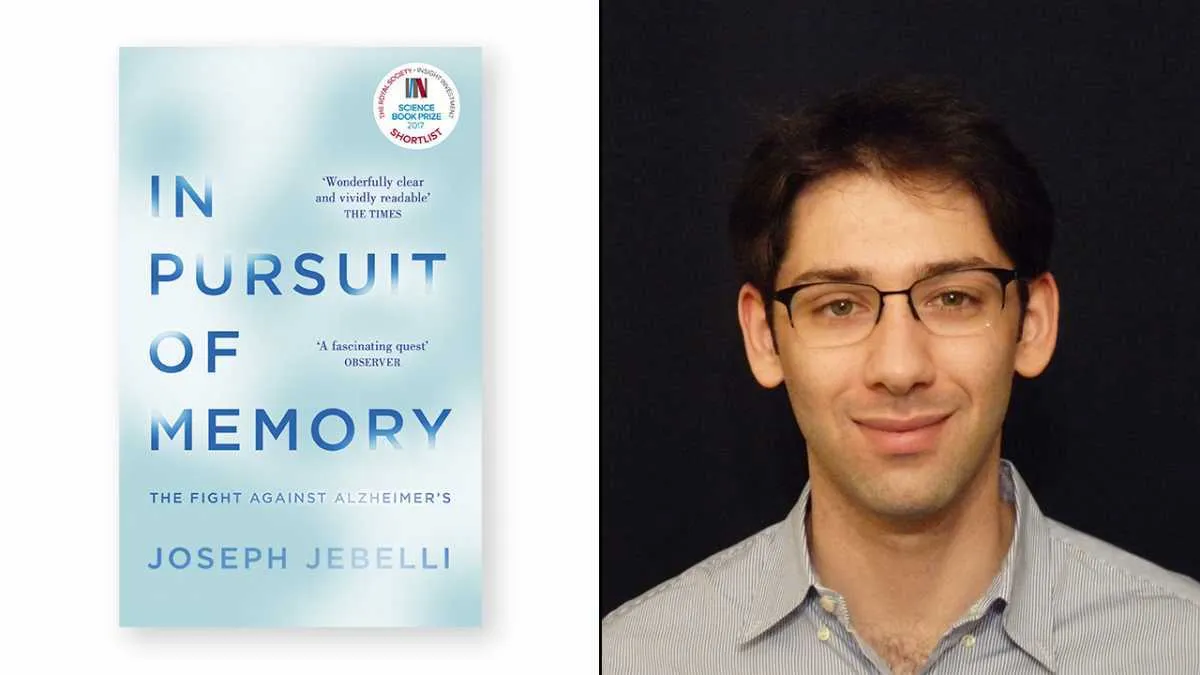
Alzheimer’s is a debilitating disease, and the impact it had on a young Joseph Jebelli seeing his grandfather deteriorate led him to devote his career to understanding the disease. In Pursuit of Memory explores the past, present and future of Alzheimer’s disease and you can read a sample here.
3
Stay With Me by Ayọ̀bámi Adébáyọ̀(Nigeria)
Fiction (Canongate Books)
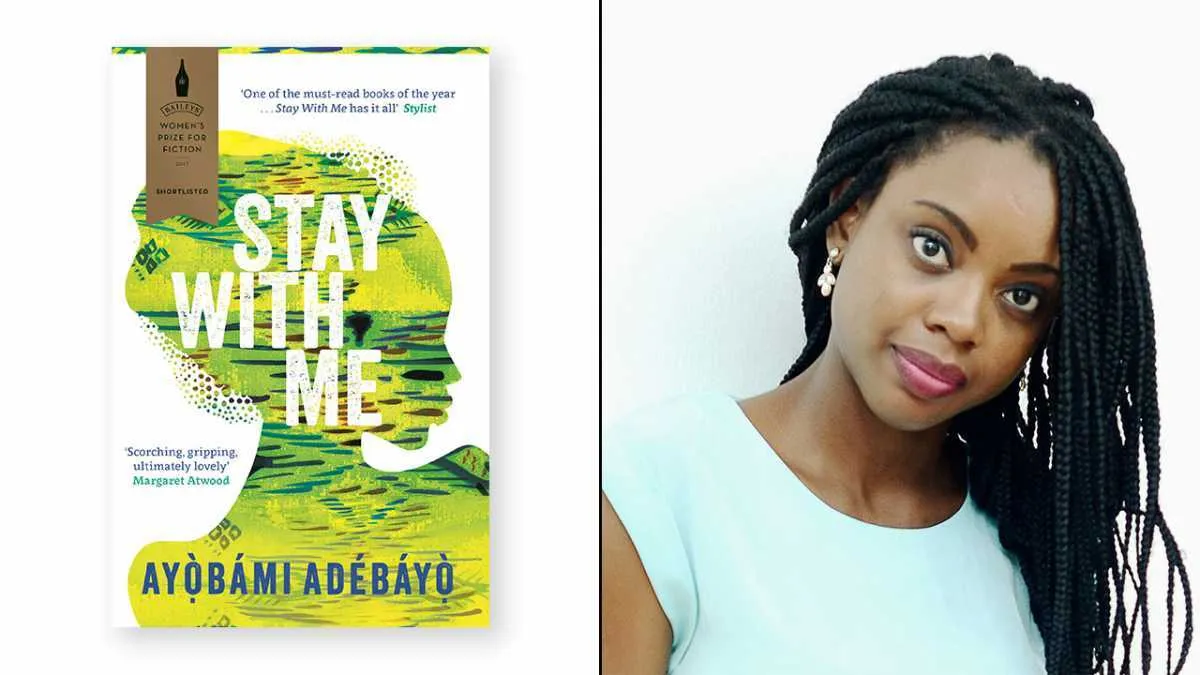
Adébáyọ̀'s debut novel, Stay With Me, has already beenshortlisted for the Baileys Women’s Prize for Fiction, and tells the heart-breaking story of a woman in 80s Nigeria who desperately wants a child.
4
With the End in Mind: Dying, death and wisdom in an age of denial by Kathryn Mannix(UK)
Non-fiction (William Collins, HarperCollins UK)
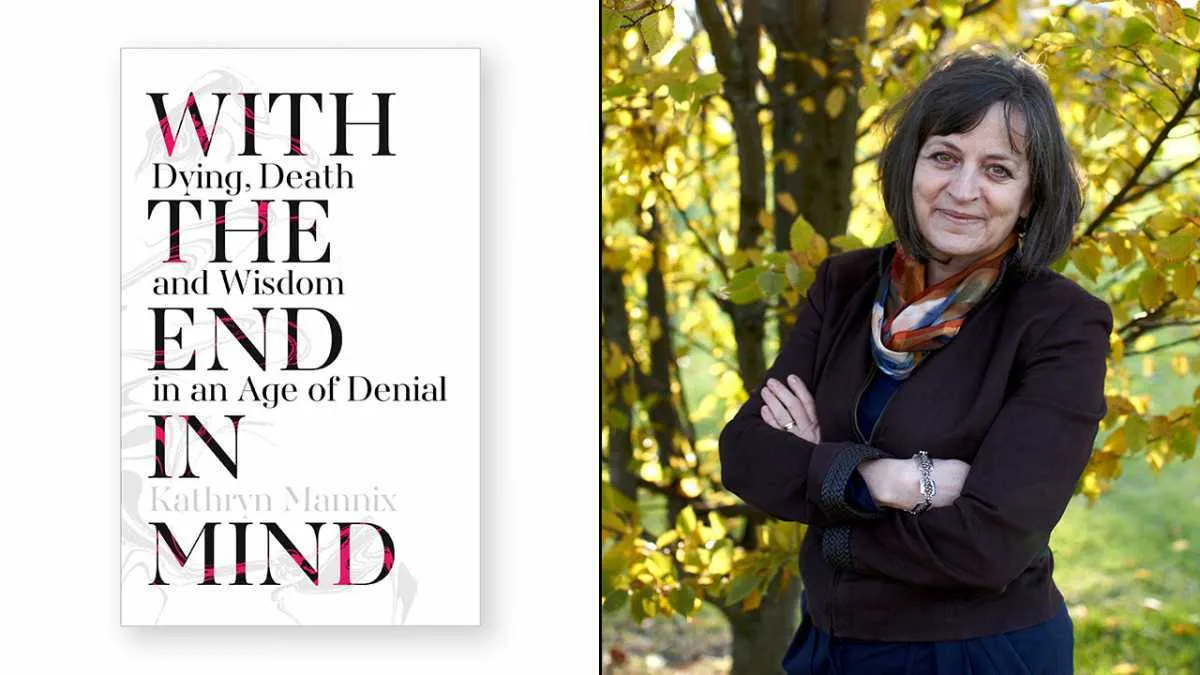
Kathryn Mannix has spent her medical career working with people who have incurable, advanced illnesses, and her book,With the End in Mind,is filled with stories about the one thing that is certain in life – death.
5
Plot 29: A memoir by Allan Jenkins(UK)
Non-fiction(4th Estate, HarperCollins)
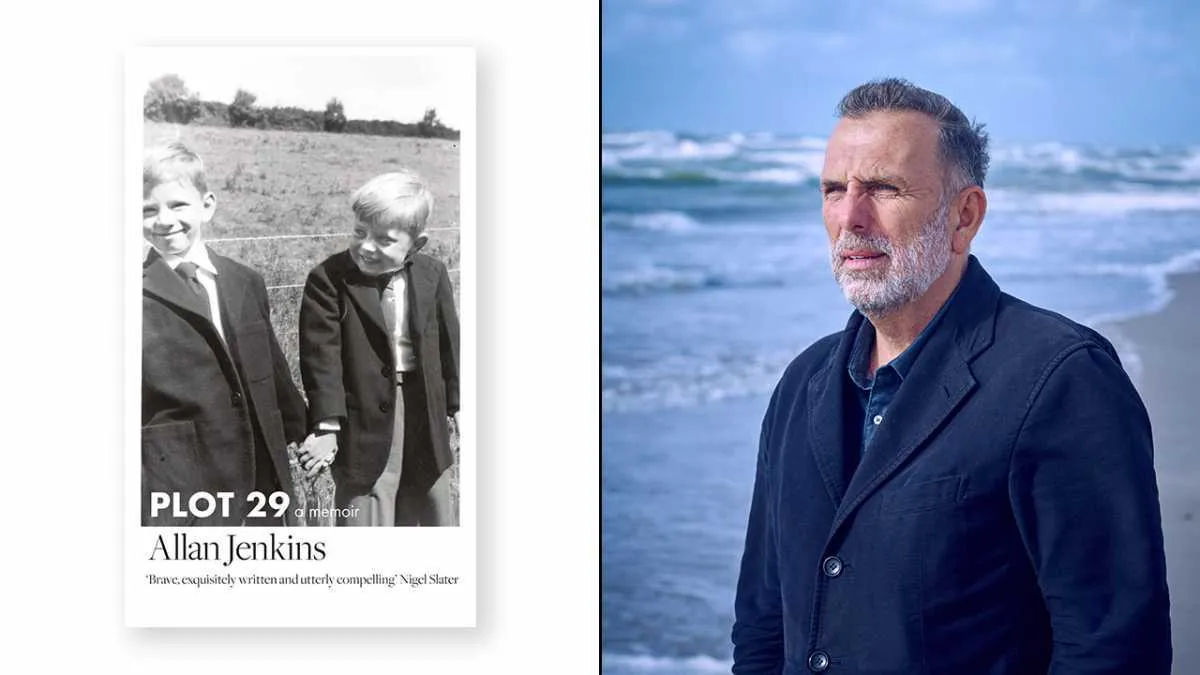
Allan Jenkins’ memoir is both a mystery, as he uncovers the reasons why he and his brother was taken into care in the 1960s, and a meditation on nature and nurture, celebrating the joy of sharing food and tending to a small allotment.
6
The Butchering Art:Joseph Lister’s quest to transform the grisly world of Victorian medicine by Lindsey Fitzharris(USA)
Non-fiction(Allen Lane, Penguin Press)
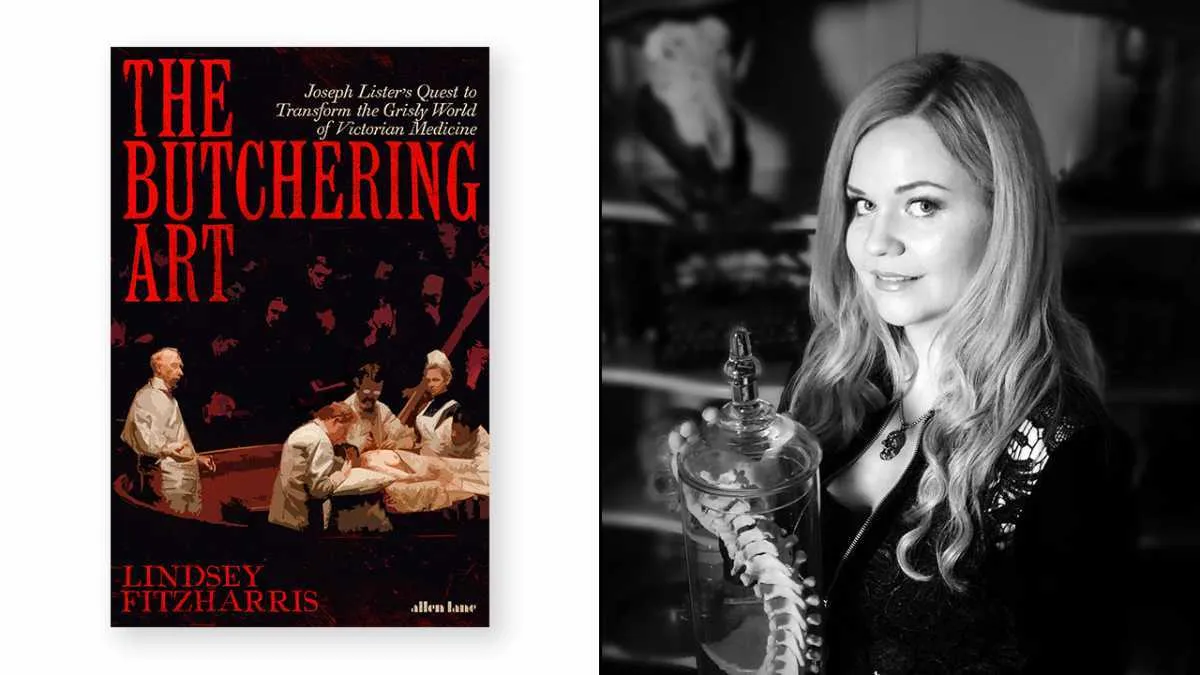
If you've ever seen Fitzharris' grisly YouTube channel Under the Knife, you'll know what to expect from The Butchering Art. It follows the story of Joseph Lister, the surgeon who would change medical history by pioneering antiseptic surgery.
7
Mayhem: A memoir by Sigrid Rausing(UK/Sweden)
Non-fiction(Hamish Hamilton, Penguin Books)

Addiction is a deadly condition, that goes much further than the one addicted, affecting the families and friends of those around them. Meyhem is Sigrid Rausing's memoir of addiction comesfrom the point of view as a family member trying to understand thecausation and course of the disease.
8
The White Book by Han Kang(South Korea) translated byDeborah Smith(UK)
Fiction (Portobello Books, Granta)

The White Book begins with a list of white things, but grows into a tale of light, death and ritual by the acclaimed Korean writer Han Kang.
9
Midwinter Break by Bernard MacLaverty(Ireland)
Fiction (Jonathan Cape)
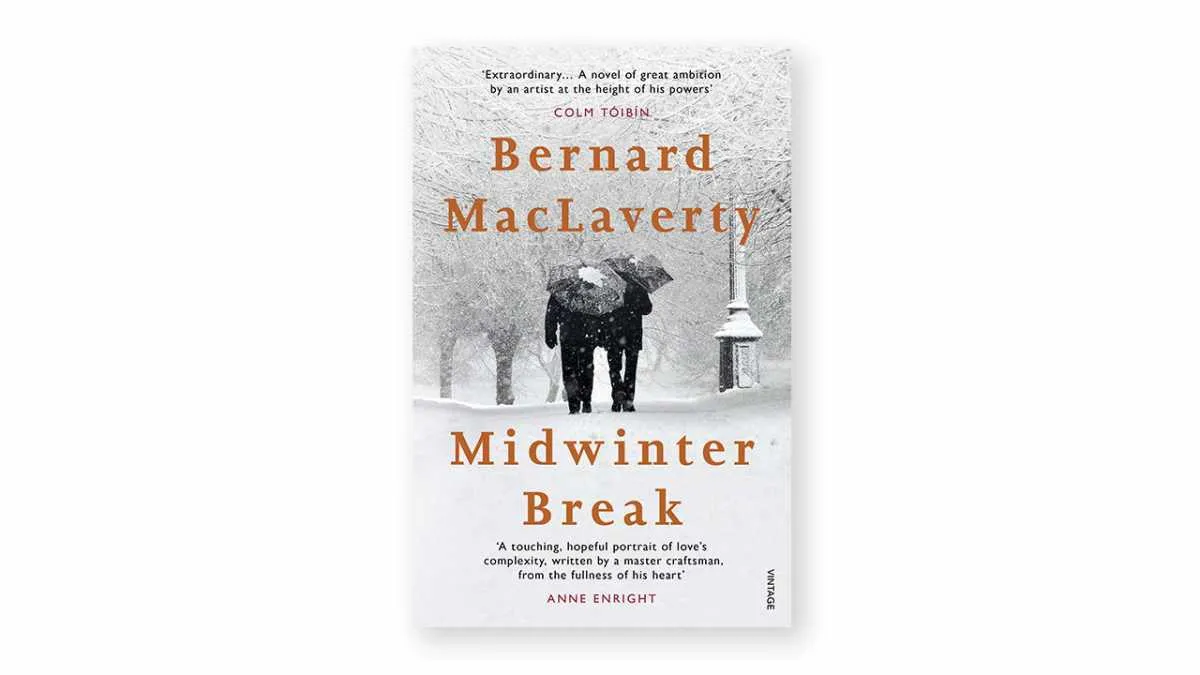
Bernard MacLaverty, author of Booker Prize-shortlisted Grace Notes, returns with an intense exploration of love and uncertainty when a long-married couple take a midwinter break in Amsterdam.
10
To Be a Machine: Adventures among cyborgs, utopians, hackers, and the futurists solving the modest problem of death by Mark O’Connell(Ireland)
Non-fiction(Granta Books)

What is Transhumanism? Mark O’Connell’s book explores the movement that uses technology to improve our bodies to the point that they are better than the ones we are born with. You can read a sample here.
11
I Am, I Am, I Am: Seventeen brushes with death by Maggie O’Farrell(UK/Ireland)
Non-fiction(Tinder Press, Headline Publishing Group)
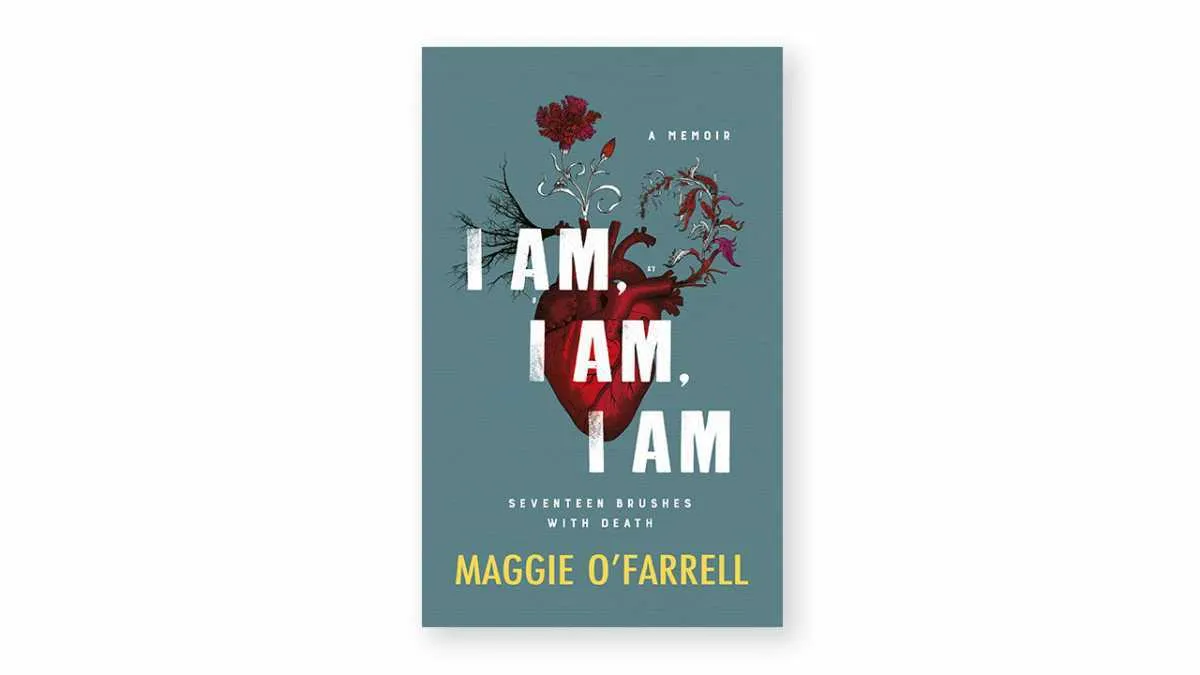
Costa Novel Award-winner Maggie O’Farrell has had far too many near-death experiences, and her memoir explores what you would do if your life was in danger.
Behave: The biology of humans at our best and worst by Robert Sapolsky(USA)
Non-fiction(The Bodley Head, Vintage)
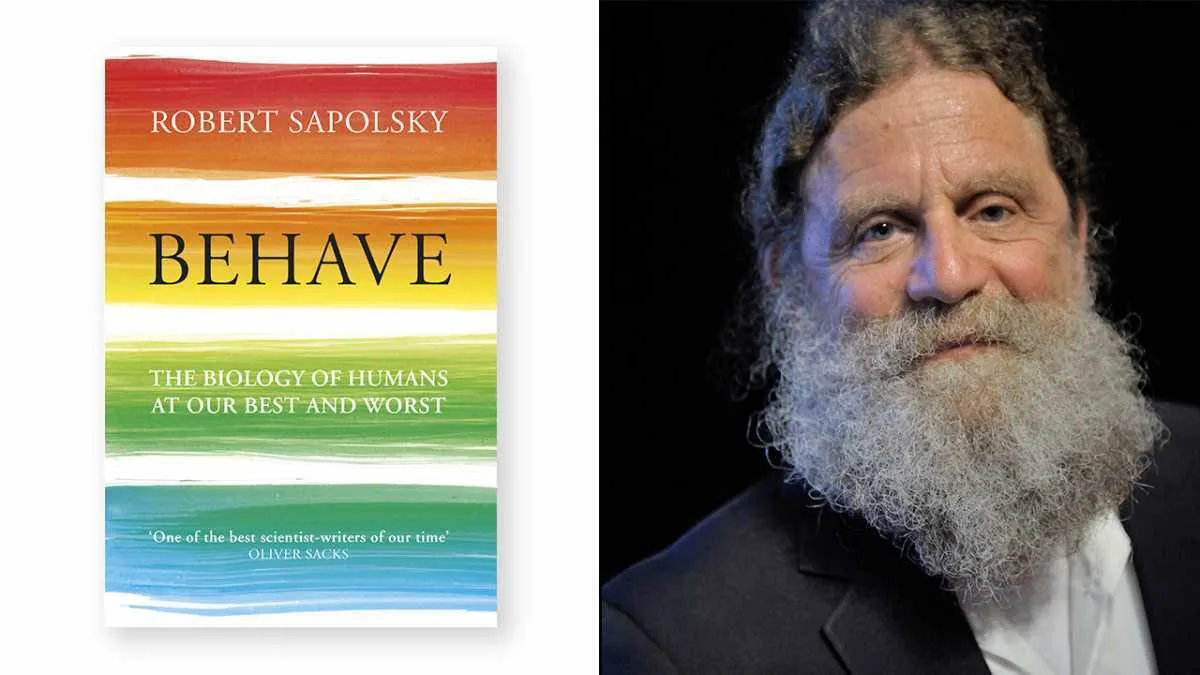
What causes acts of aggression or compassion? What inspires us to terrible deeds and what might help foster our best behaviour? Robert Sapolsky, Professor of Biology and Neurology at Stanford University, brings these questions to life and discovers why we do what we do.
Follow Science Focus onTwitter,Facebook, Instagramand Flipboard